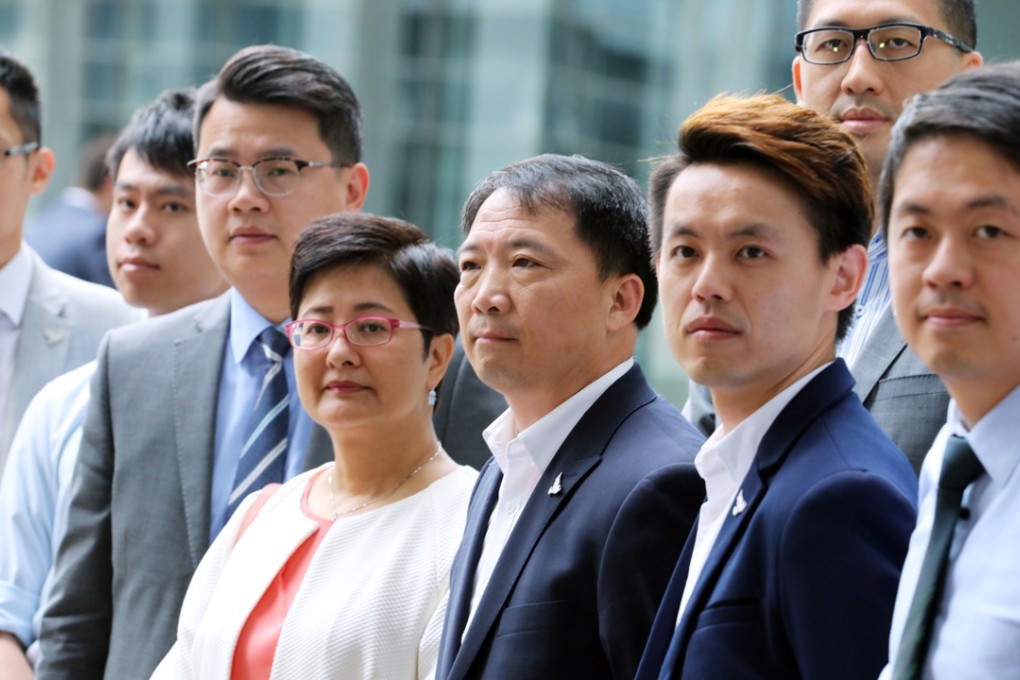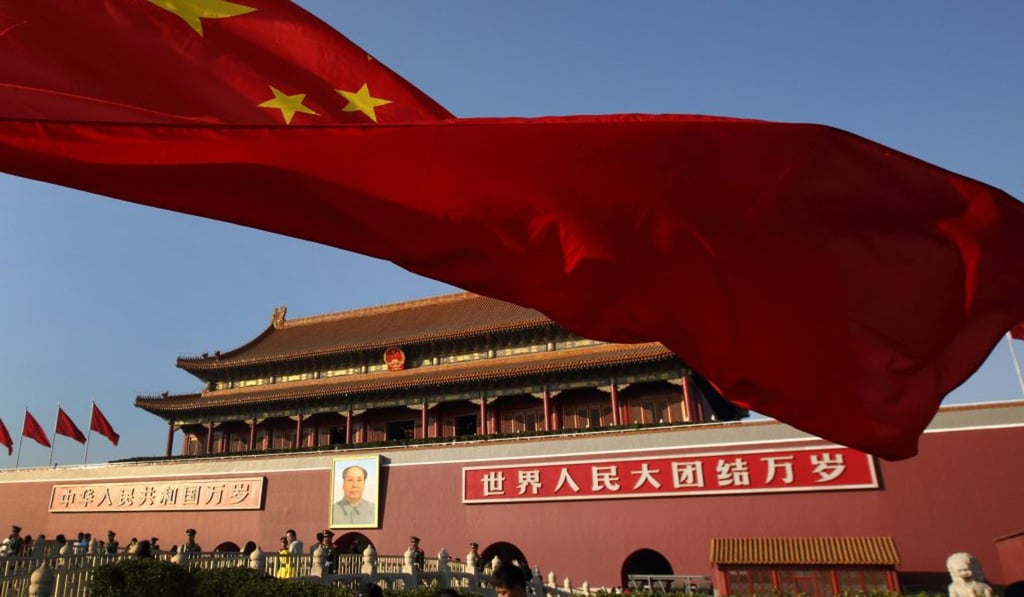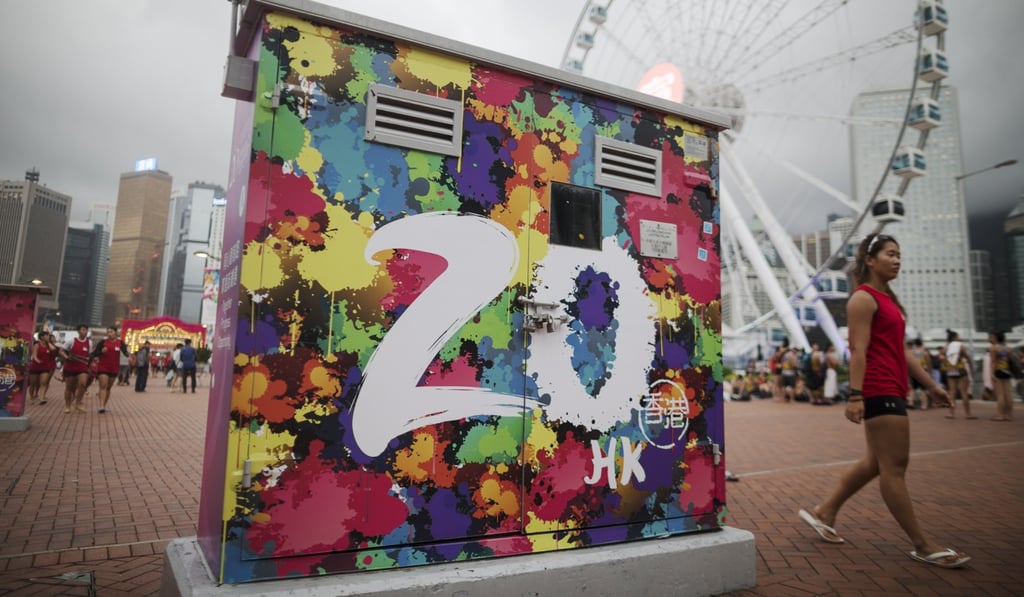Hong Kong’s Democratic Party won’t get far without considering national interests
Tian Feilong welcomes the party’s efforts to shape Hong Kong’s democratic development, on the eve of the 20th anniversary of the SAR, but says they won’t get far without a better understanding of interdependence between Hong Kong and the mainland

In the run-up to the 20th anniversary of Hong Kong’s return to Chinese sovereignty, the Democratic Party recently issued a 16-page document stating its views on democracy and reunification. Compared with the Civic Party, which marked the 10th year of its founding last year, the Democratic Party is more moderate and rational. While the Civic Party takes a more aggressively localist stance, the Democrats seek to maximise the city’s autonomy within the Basic Law framework. In a political scene that has become more diverse, the Democrats are decidedly moderate.
Democrats vow to fight for greatest self-determination for Hong Kong, but reject independence
Their 20th anniversary statement is notable in several ways. First, it argues that democracy is the most practical strategy for Hong Kong and serves its best interests. Second, it regards the Sino-British Joint Declaration as the foundation of Hong Kong’s constitutional development, thus providing cover for the international community to continue to pay attention to, and interfere with, Hong Kong affairs. Third, the party firmly opposes “one country, one system”, and makes it clear it does not support Hong Kong independence. It argues that its advocacy of democracy is the best way to shore up Chinese sovereignty while confronting the twin forces of mainlandisation and Hong Kong independence. Fourth, achieving universal suffrage is a major goal. Fifth, Hong Kong people and way of life come first. The party is highly critical of the Chinese political system. Sixth, the party is wary of any integration between Hong Kong and the mainland.
Outrage as Hong Kong democracy campaigners urge US to get tough with Beijing

The party’s efforts to foster a consensus in Hong Kong society are commendable. Particularly with the Civic Party pursuing its localist agenda and young localists pushing for Hong Kong independence, the Democratic Party has acted in a more positive, prudent, rational and responsible manner.
Post Occupy Central, amid the rise of independence advocates, the party was right to distance itself from such efforts. Now it is trying to wrest back control of the conversation on Hong Kong’s democratic development, knowing that if independence advocates were allowed to run riot, Beijing would interfere and hopes would dim for a relaunch of political reform. Politics is the art of the possible, and compromise is vital. In this regard, the party has acted more rationally than others.
Politics is the art of the possible. In this regard, the party has acted more rationally than others
However, it won’t succeed in leading the conversation simply by rehashing old ideas and relying on its fossilised understanding of the nation. Here are some reasons why its statement fell short.
First, Hong Kong politics is increasingly polarised, and even within the central government there are doves and hawks. By advocating democracy, the party will have offended the hawks in Beijing; by recognising Chinese sovereignty, it will have alienated the young localists in Hong Kong. Thus, it finds itself in a predicament of “middle of the road” politics – a mistake made by former legislator Ronny Tong Ka-wah.
Second, by exaggerating the elements of international law in Hong Kong’s constitution, the party has seemingly belittled the Chinese constitution and the Basic Law while at the same time accepting international intervention into Hong Kong affairs. This is a poor way to build political trust with the central government.
Will Hong Kong’s Democrats see reason, or push the city towards futility?

